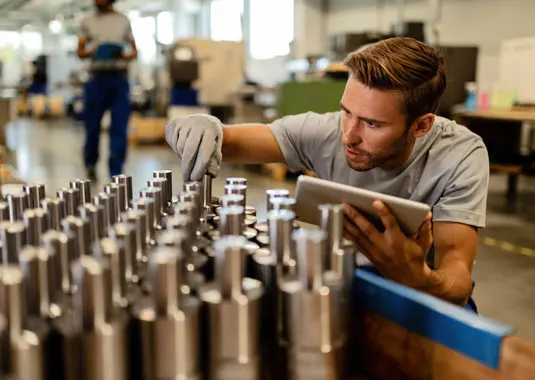
GP-12 inspection is a quality service
In the automotive manufacturing sector, as well as industrial manufacturing in general, GP-12 inspection is a quality service focused on containing nonconforming products. It is a reinforced control plan which aims to avoid sending non-compliant components to the customer. A sort of last filter on the production lines, which must guarantee 100% detection of any manufacturing defects.
The GP-12, in substance, is a procedure, which serves to define the pre-launch control plan of new products or, once production has already started, the advanced quality controls on the products. In other words, the GP-12 procedure focuses on the set of controls put in place to be able to intercept all possible defects that a production piece could have.
WHAT ARE THE ADVANTAGES OF GP-12 INSPECTIONS OF PUNTO NETTO
Punto Netto GP-12 inspections bring several advantages:
- Help suppliers quickly identify any quality issues and correct them before products are shipped to the customer.
- Improve the efficiency of the production process and reduce the costs associated with the management of non-conforming products.
- Increase customer confidence in the quality of the products supplied and reduce the risk of quality problems which can cause delays or additional costs.
Additionally, our GP-12 inspections improve management engagement and awareness of the goal of 100% product defect detection. Indeed, the GP-12 requires a control plan that guarantees a significant improvement over simple production control.
This can encourage management to:
- Pay more attention to production processes and work to improve them continuously.
- Validate the production control plan, providing a further guarantee that the production processes are adequately controlled.
- Apply the GP-12 check not only to all pre-production components, but also to new products, products under modification and products in advanced production stages.
HOW TO IMPLEMENT THE GP-12 INSPECTION
To implement the GP-12, Punto Netto is a candidate to be the best partner for suppliers who need to develop an action plan consisting of additional checks, inspection audits and tests to identify non-conformities during the production process
Depending on the type of manufacturing process, additional controls could include:
- The increase in the frequency/size of the sample to be inspected at the entrance, in the process and/or at the exit;
- Mandatory containment of the sub-contractor and/or support/audit to the sub-contractor;
- The addition of inspection/control elements;
- Increased verification of label accuracy;
- The enhancement of process controls, such as error prevention;
- A historical report of the known defects that have been found in the respective workstations.



 Among the many services provided by Equity Point stand out the non-destructive testing, with Penetrating liquids, Ultrasound and Magnetic Particle.
Among the many services provided by Equity Point stand out the non-destructive testing, with Penetrating liquids, Ultrasound and Magnetic Particle.




